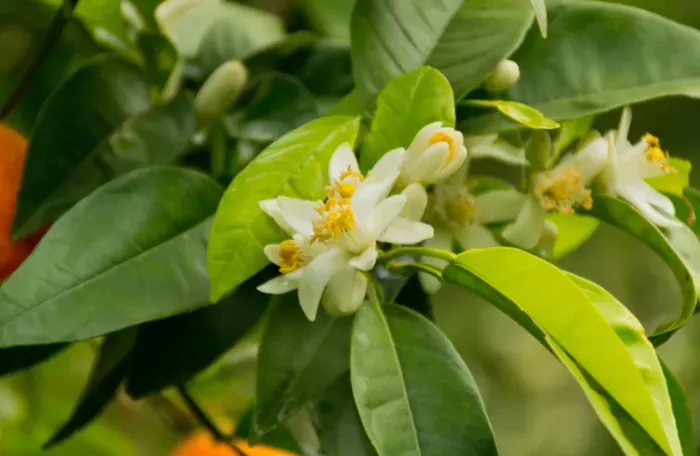Researchers at Tokyo University of Science (TUS) have discovered the promising role of volatile organic compounds (VOCs) in sustainable pest control and improving crop defenses. VOCs are natural chemicals plants release when under stress, such as during pest attacks. These compounds act as signals, triggering nearby plants to activate their defenses and creating a natural communication network among them.
In a recent review published in *Trends in Plant Science*, Professor Gen-ichiro Arimura and researcher Takuya Uemura examined the molecular mechanisms behind this plant communication. They found that VOCs like terpenoids and green leaf volatiles can either repel pests or attract helpful insects. This discovery offers a potential alternative to chemical pesticides, benefiting both crop productivity and the environment.
The study also suggests practical agricultural applications. For example, companion plants like mint could be used to release protective VOCs, and biostimulants could be developed to enhance plant-to-plant signaling. However, challenges remain, such as controlling the right doses and avoiding negative side effects like allelopathy, where one plant negatively affects the growth of others.
Related topics:
- North Carolina Woman’s Okra Plant May Break World Record
- Foliage-Focused Plants That Delight with Unexpected Surprises
- Chilling Secret Behind the ‘Very Cool’ Plant Discovered in Aussie Woman’s Lawn


